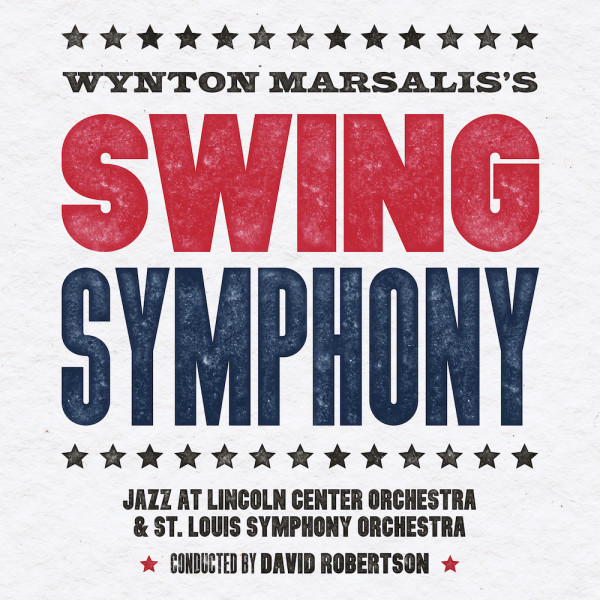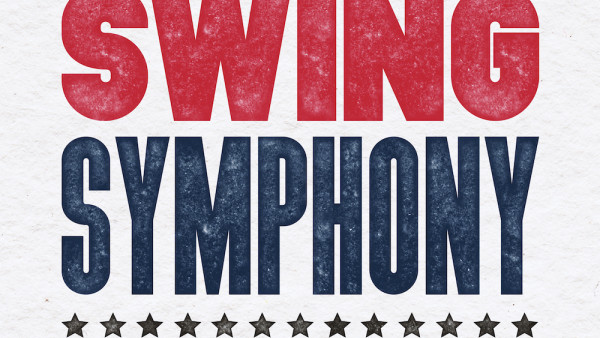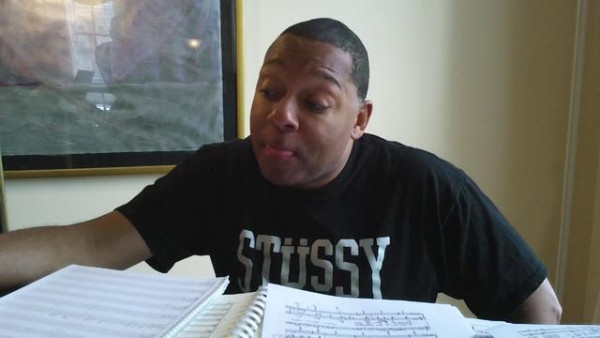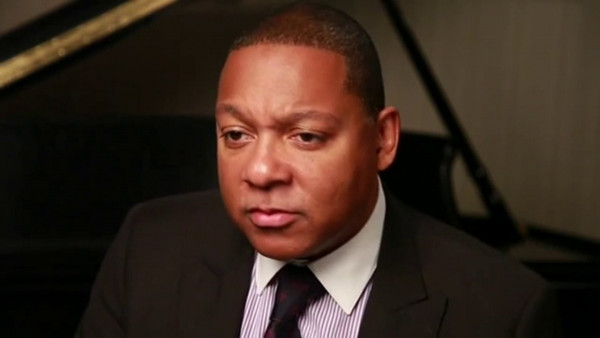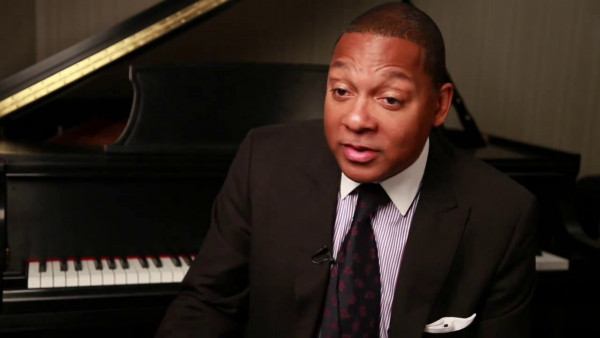Jazz master stays back of the pack
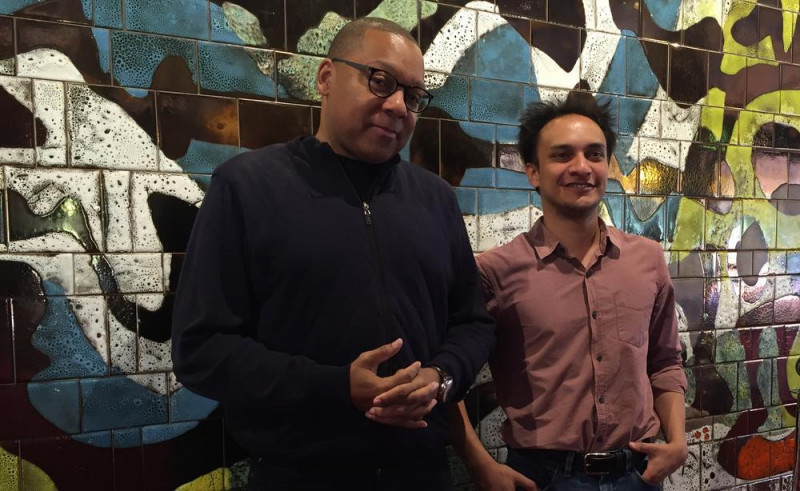
Wynton Marsalis at the Perth Concert Hall with Perth conductor Chris Dragon. Picture: Melissa Leo
Marsalis has teamed his Jazz at the Lincoln Center Orchestra with the WA Symphony Orchestra to sound a high note as the Perth International Arts Festival enters its final weekend.
“I am honoured to work with him,” Marsalis said of Dragon after rehearsals ahead of the first of two performances of his Swing Symphony at the Perth Concert Hall. “He’s done a fantastic job of managing the rehearsal.”
The 54-year-old composer and band leader said the lines of responsibility were clear and in service to the integration of the jazz and classical styles.
“I said you are the conductor,” Marsalis said. “You run the rehearsal. Don’t worry about me, I’m staying in my lane.
“I am fourth trumpeter in my orchestra. I follow the lead trumpet, who sits next to me. We choose the positions. It is like a job we choose. If you don’t want to be in a certain job, don’t choose that job. For me to play fourth trumpet, my job is following and the better I follow the lead trumpet player, the better my section sounds.”
Marsalis, who last performed in Perth in 1999, said some members of his 15-piece band had been invigorated by leading a master class with WA Youth Jazz Orchestra and WAAPA students on Tuesday.
“They enjoyed it and said they were surprised by the level of participation, not so much by the musicians but by how many other people were there, parents and instructors, and the level of seriousness around it.”
Dragon, 26, said the WASO was enjoying a master class of its own by playing with Marsalis and his acclaimed ensemble.
“It has been a big learning curve for our orchestra,” he said. “All these different styles of jazz have a different feel to them and unless you are playing them constantly, for us it was a completely new sound world.
“The orchestra has loved every minute of working with Wynton and his band.”
Swing Symphony, which follows a first half of jazz standards selected by Marsalis, is a virtual history of American jazz from its ragtime origins through to mambo, bebop, African-American church music and modern jazz.
“To get the chance to do this piece with such a legend in the music world, it has been an unbelievable pleasure for me to be able to work on such a big piece like this and to have this collaboration which is so special and unique,” Dragon said.
Dragon has risen through the conducting ranks since co-founding his own orchestra, the Swan Philharmonic, in 2011.
In 2013, he was appointed WASO’s inaugural assistant conductor and last year he beat a field of 200 to be appointed associate conductor of the Colorado Symphony Orchestra.
“He is an instrumentalist like me,” Marsalis said. “He played the clarinet and wanted to be a conductor so he formed his own orchestra. “That is the type of chutzpah that it takes to do that and the type of belief in music.”
“He is very serious, he pursues it. He has a rehearsal technique and style. I have tremendous respect for him.”
Marsalis, the first jazz artist to win the Pulitzer Prize for music (for his 1997 epic oratoria Blood on the Fields), was born in New Orleans into a musical family in 1961. His brother Branford is almost as famous as a saxophonist and his other brothers, Jason and Delfeayo, and father Ellis, also are respected jazz musicians.
In 1987 Marsalis co-founded a jazz program at the Lincoln Center in New York City. Nine years later Jazz at Lincoln Center was installed with equal status to the New York Philharmonic, Metropolitan Opera, and New York City Ballet – a historic moment for jazz as an art form.
He has maintained a lifetime love for classical music since performing with the New Orleans Philharmonic at the age of 14. “I got goosebumps from that many people working together on something that worthy,” he said.
In 1983, aged 22, his recording of Haydn, Hummel and Mozart trumpet concertos made him the first artist to win classical and jazz Grammy Awards in the same year.
Love was too trivial a word to describe what music meant to him, he said.
“It goes so deep. The more internal you get, the more people are the same. You start with the face, you can tell the difference, the bones you can tell less, organs you have no idea, the spirit it is the same.
“Music organises spirit because it is the art of the invisible. It is so ephemeral but so real.”
by Stephen Bevis
Source: The West Australian

